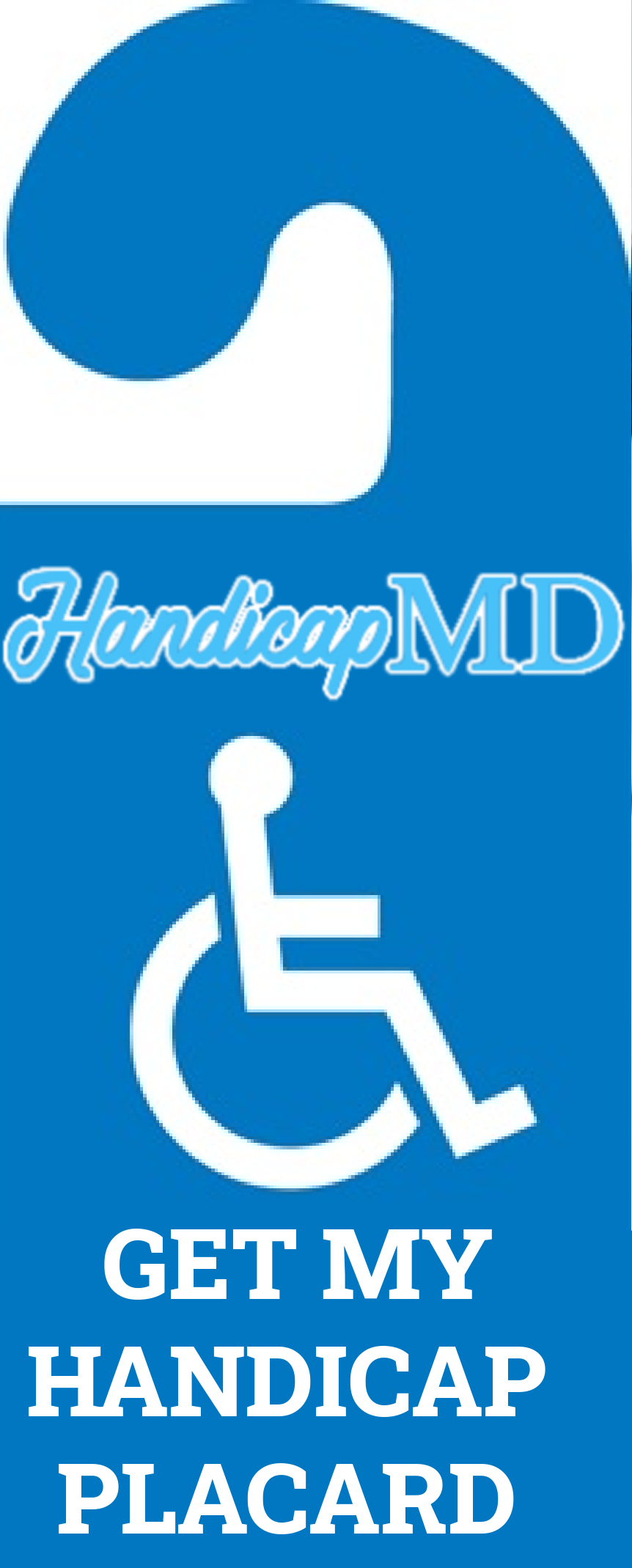
A Guide to Handicap Parking in New Hampshire
Introduction
In the state of New Hampshire, it is important to understand the rules and regulations regarding handicap parking. Having accessible parking spaces for individuals with disabilities ensures that they can conveniently access public areas and facilities. This guide aims to provide a comprehensive overview of handicap parking in New Hampshire, including the requirements, procedures, and benefits associated with it.
A Guide to Handicap Parking in New Hampshire
Handicap parking in New Hampshire is governed by the state's Department of Motor Vehicles (DMV) and the Americans with Disabilities Act (ADA). It is essential to be familiar with the specific guidelines to ensure compliance and promote inclusivity for individuals with disabilities.
Who Qualifies for Handicap Parking?
To be eligible for disabled parking privileges in New Hampshire, individuals must have a disability that substantially impairs their mobility or requires the use of assistive devices. Disabilities may include conditions such as limited mobility, respiratory problems, vision impairments, or other medical conditions that affect one's ability to walk or move.
Obtaining a Handicap Parking Permit
- Application Process: To obtain a handicap parking permit, an individual must complete an Application for Special Plates and/or Placard (Form DSMV 189A). This form can be obtained from any DMV office or downloaded from their official website.
- Medical Certification: The application must be accompanied by a medical certification form completed by a licensed healthcare professional. The certification should provide specific details about the disability and the duration of the condition.
- Submission: The completed application and medical certification should be submitted to the local DMV office in person or via mail. It is advisable to retain copies of all documents for personal records.
- Processing and Issuance: Upon receiving the application, the DMV will review the documents. If approved, the applicant will receive a parking placard or license plate, depending on their preference.
Types of Handicap Parking Permits
In NH, there are two types of disabled parking permits available:
- Permanent Placard or License Plate: This type of permit is issued to individuals with a permanent disability that affects their mobility. It is valid for five years and renewable upon expiration.
- Temporary Placard: Individuals with temporary disabilities, such as recovering from surgery or injury, may qualify for a temporary parking placard. This permit is valid for a maximum of six months.
Handicap Parking Spaces and Signage
These parking spaces in New Hampshire are designated by specific signage and markings to ensure their visibility and availability. The following guidelines govern the design and placement of disabled parking spaces:
- Accessible Spaces: Accessible parking spaces should be clearly marked with the International Symbol of Accessibility (ISA), indicating that they are reserved for individuals with disabilities.
- Proximity to Entrances: Handicap parking spaces should be located close to entrances, minimizing the distance individuals with disabilities need to travel.
- Size and Accessibility: Each designated parking space must meet specific dimensions to accommodate individuals with mobility aids, such as wheelchairs or walkers. Access aisles adjacent to the parking spaces should also be wide enough for wheelchair users to enter and exit their vehicles comfortably.
Frequently Asked Questions (FAQs)
Can I use my disabled parking pass in other states?
- Yes, disabled parking passes issued in New Hampshire are generally recognized in other states. However, it is important to familiarize yourself with the specific regulations of each state to ensure compliance.
Can a family member use my disabled parking placard when I'm not present?
- No, disabled parking placards are non-transferable and should only be used by the individual to whom they are issued. It is illegal for anyone other than the pass holder to use the placard.
What should I do if I observe misuse of disabled parking spaces?
- If you witness the misuse of these parking spaces, you can report it to the local law enforcement authorities. They will investigate the matter and take appropriate action.
Are there penalties for parking in a disabled space without a pass?
- Yes, unauthorized parking in these spaces can result in fines and penalties. The specific consequences vary depending on the jurisdiction, but they typically involve monetary fines and potential vehicle towing.
Can I park in a disabled space if all other spaces are occupied?
- No, these parking spaces are reserved specifically for individuals with disabilities. If all other spaces are occupied, it is advisable to find alternative parking rather than using a disabled space without authorization.
Can I renew my disabled parking pass before it expires?
- Yes, you can renew your parking pass before it expires. It is recommended to initiate the renewal process well in advance to avoid any gaps in your parking privileges.
Conclusion
Understanding the regulations and procedures related to handicap parking in New Hampshire is crucial for promoting inclusivity and accessibility for individuals with disabilities. By following the guidelines outlined in this guide, both drivers with disabilities and the general public can ensure that handicap parking spaces are used appropriately and respectfully. Let us work together to create an inclusive environment for everyone in New Hampshire.
.png)






